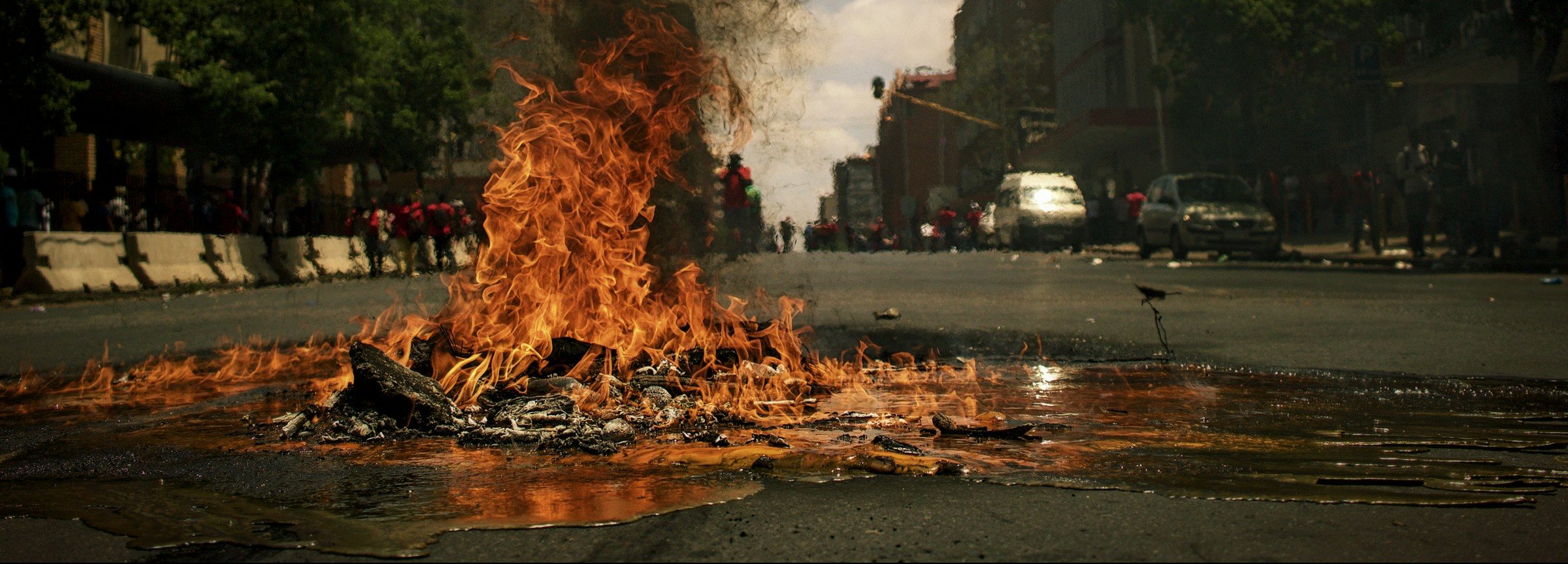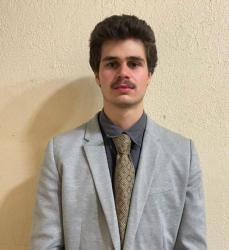
News Writer Christopher Crowson reports on escalating gang violence and growing instability in Haiti.
Trigger warning: gang violence,
A weekend of violence has further plunged the small Caribbean nation of Haiti into chaos. An alliance of gangs, with the goal of overthrowing Haiti’s current leadership, coordinated attacks on key infrastructure in the capital, Port-au-Prince, resulting in at least nine fatalities and displacing approximately 15,000 people.
In the first few days of March, Haiti descended into turmoil as armed gangs targeted the country’s main international airport, the national football stadium, police stations, and two prisons. Reports of ‘heavy gunfire’ throughout Port-au-Prince emerged, with at least four police officers among the casualties.
Reports of ‘heavy gunfire’ throughout Port-au-Prince emerged…
The gangs orchestrated the release of over 3,800 inmates from two major prisons, one located in the capital and the other on its outskirts. The National Penitentiary, Haiti’s main prison housing over 25% of the country’s incarcerated population, was nearly emptied by the end of the weekend.
A 72-hour state of emergency was declared in Haiti on Sunday, 2 March, accompanied by a nighttime curfew, in an attempt to mitigate the violence.
Jimmy Chérezier, known as ‘Barbecue’ and the leader of this coalition of gangs, has acknowledged orchestrating the attacks. He expressed the gangs’ intentions to apprehend government ministers and the head police chief, aiming ultimately to obstruct Ariel Henry’s return, the head of Haiti’s unelected interim government. Chérezier, a former elite police officer, is demanding Henry’s resignation, threatening a civil war and genocide if he does not comply.
The attacks coincided with Prime Minister Henry’s visit to Nairobi, Kenya, where he was finalising an agreement for the deployment of approximately 1,000 police officers to Haiti. Henry has repeatedly sought international assistance to address the dire situation in his country.
Diego Da Rin, a Haiti analyst at the International Crisis Group, suggests that this may be a pivotal moment, as the gangs seem to be uniting to challenge the government and intimidate absent politicians against returning.
This backdrop of turmoil has allowed armed gangs to gain control of up to 75% of the capital.
The Guardian notes that following the assassination of President Jovenel Moise in 2021, Haiti has experienced escalating chaos and lawlessness. Gang violence has devastated the country, resulting in over 4,500 deaths last year and displacing an additional 300,000 people. Hunger is also a significant issue, with Ulrika Richardson, the UN humanitarian coordinator for Haiti, reporting that approximately 40% of the population faces severe food insecurity.
This backdrop of turmoil has allowed armed gangs to gain control of up to 75% of the capital.
With a police force of merely 9,000, outnumbered and outgunned, Haiti faces a dire predicament.
The armed gangs, typically in conflict with one another, have united under Chérezier’s leadership to challenge the interim government. Their actions in early March represent a significant demonstration of power, as noted by Da Rin, indicating the gangs’ capability to disrupt Haiti at will.
With Henry currently in Puerto Rico and his return to Haiti seeming improbable due to the prevailing conditions, the future of the country remains uncertain.
Read more News updates here:
Trump’s Final Republican Rival Drops Out of Presidential Race Following Super Tuesday Disappointment
Birmingham’s Botanical Gardens to Rehome its Bird Collection
CQC Report Highlights Urgent Improvements Needed in Birmingham A&E Departments

Comments